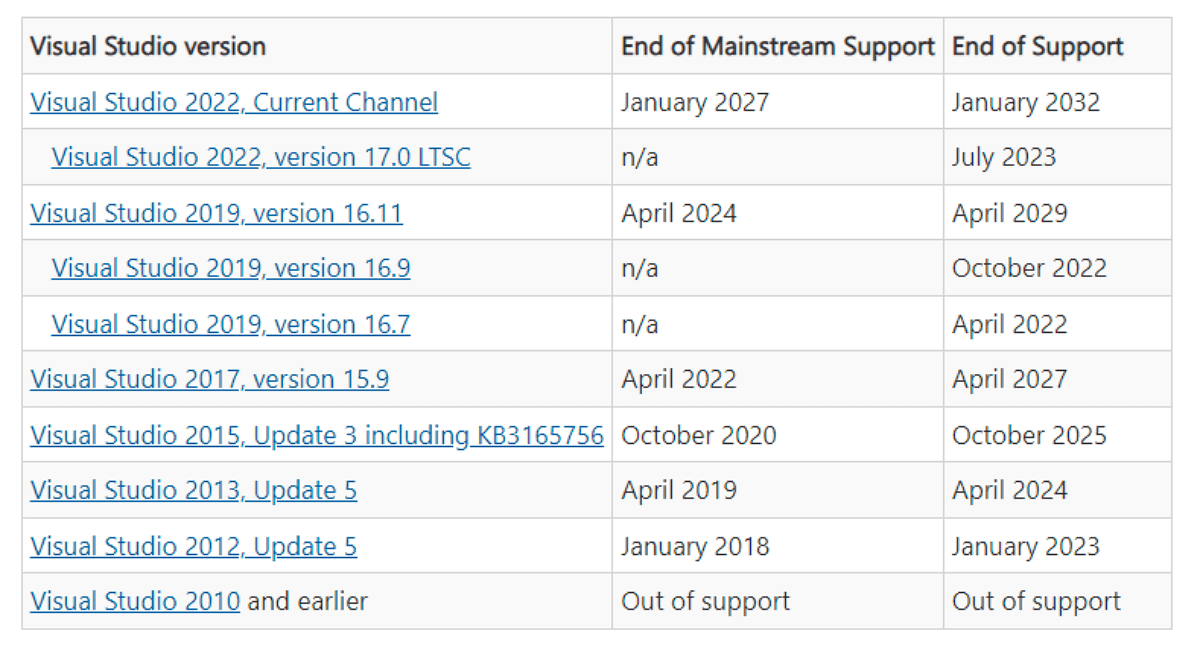Ad Server Benefits
An ad server is a server that is being used to manage advertising that is displayed on a website or a number of sites. Most websites and blogs display advertisement on their web pages. Some do so to cover the hosting costs, others to support their lifestyle or as the sole income source.
Every advertising company runs ad servers, and it is not usually necessary to run a custom ad server to manage ads on your websites or a site you administrate. An ad server on the other hand has several advantages (and some disadvantages) over using no ad server.
If you look at most websites you will notice that ads are usually displayed without an ad server in the background. All the webmaster has to do is copy and paste ad tags that are supplied by the advertising company on the website or pages the ads should be displayed on. Ad tags are scripts more or less that connect to the company's server on page load to retrieve a suitable ad.
While that is usually all you have to do to start earning money from advertisement, you may want to consider adding so called passback ads to the setup. This is useful in two situations: if the company that supplies advertisement can't or won't fill 100% of the inventory, or if you want to set up a minimum in earnings for that company. That's known as tiered advertising (or ad chaining).
It is up to the webmaster to add a passback ad provider -- or none -- to the site. It is possible to display a local banner, a transparent gif or ads from another company.
It becomes more difficult if geographic parameters are taken into consideration. Say one advertiser is only offering banner ads for US visitors, one for UK visitors and one offers to display ads for all visitors. Most webmasters chain the ads then to direct all visitors from the US advertiser to the UK and the to the one that is serving all.
This means that the page loading time for visitors that are not coming from the US or UK increases. If you assume that each advertiser has the same loading time, it increases by a factor of 3 for users if you use three redirects in total.
An ad server on the other hand can be configured to take the geolocation of a visitor into account. It can for instance be configured to display ad 1 to US visitors, ad 2 to UK visitors and ad 3 to everyone else. This means that the loading time is always the same no matter where the visitor of the website comes from. Sure, there is a little bit of overhead for the location checking, but that is also being done by regular ad platforms.
This is one of the biggest strengths of an ad server. It has to be noted though that an ad server that is not hosted locally adds its loading time to all ad displays. Locally hosted ad servers on the other hand require lots of server resources if the website is popular and it is often the case that they need to be hosted on another server because of their performance requirements.
An alternative to using an ad server for distributing ads to geotargeted users is to use a scripting language to do that during page loading time. This again has severe consequences as it increases the server's load, and prevents caching of those scripts since they have to be run individually for every visitor.
Most ad servers provide additional filtering options and ad display options. Google's Ad Manager for instance can also filter by web browser, operating system and date or time. This opens interesting new options like displaying specific ads to Linux users for instance or Google Chrome users.
The second big benefit of an ad server are its ad management capabilities. It is for instance nearly impossible to sell part of the inventory directly to advertisers as it would be very difficult to control the ads on the website.
An ad server can be easily used for that. An advertiser might want to purchase 100k impressions targeting Windows users from the UK. That would not be a problem with a proper ad manager which could be configured to run the 100k impressions on the web server disabling the ad after the last impression has been served.
Lastly, webmasters and companies get better stats as they have more control over the ad delivery process. While most advertising companies offer access to a dashboard of sorts, it is nearly impossible to verify the stats.
Ad Server Benefits
- More flexibility to serve and manage ads.
- Better performance by reducing the effects of ad chaining.
- Ability to run highly targeted campaigns and to sell direct advertisement.
- Better access to statistics.
Ad Server Disadvantages
- Requires some time to configure the ads that are served properly.
- Might increase loading time for some users depending whether the ad server is hosted locally or remotely.
- Not suitable for smaller websites or sites that display only ads from one advertising company.
- Requires either a powerful server, or use of a remote ad server solution that increases load time.
What's your experience regarding ad servers? Would you recommend one if you could?


















Our OpenX ad server was hacked and our ads were manipulated by the malware. The hacker even uses automated tools to find and exploit sites that uses this version of OpenX. Worst, Google blocked our site because of that incident. What a horrible experience and I had to pay dearly for a consulting company to clean up the mess. Now I’ve switched to AdSpeed.com, which has much better support and yet affordable enough for us to rebuild our site.
Great post Martin. An ad server can definitely allow advertisers and publishers control their online advertising efforts, provide more visibility via a dashboard, and create customer reporting for management. Industry leads such as Doucette Media and AdGroups claim that ZEDO, inc. is the top ad server on the market. ZEDO has a great reputation for 24/7 customer service, a large R&D team, and innovative tools for publishers.
Visit http://www.zedo.com or contact salesteams@zedo.com to get started.
If you run multiple ads then an ad server is crucial. There’s a few nice free ones out there, I use BittAds myself.
One disadvantage of ad servers is that they can be easily filtered by Adblock and similar, while in-house solutions have to be filtered one by one.
Use OpenX, probably the best open source project out there, very mature, plus they offer a hosted solution as well.